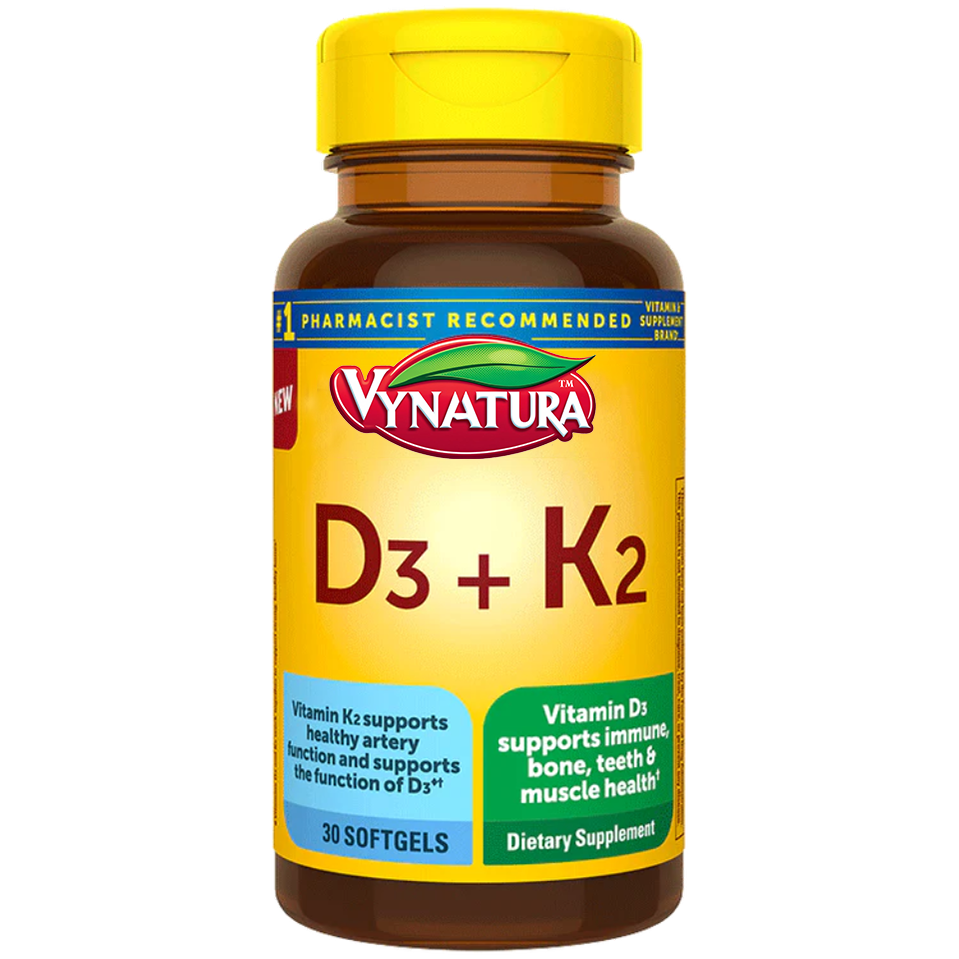
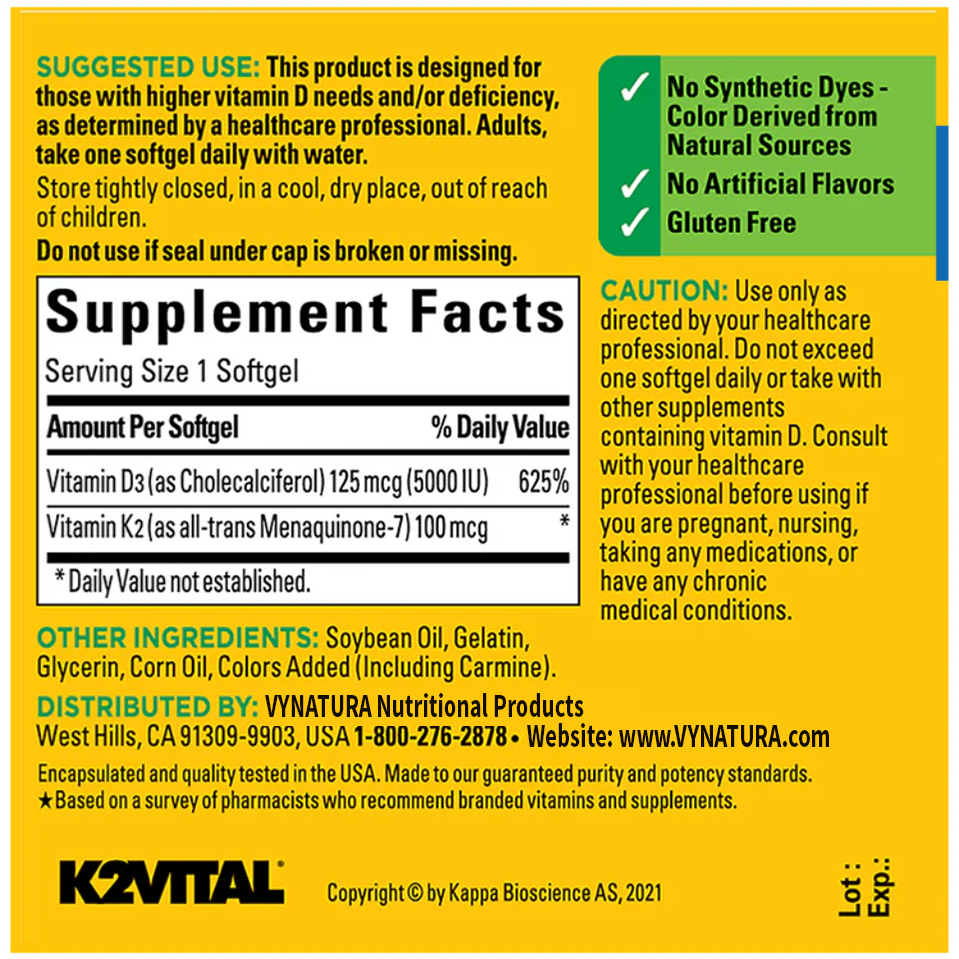
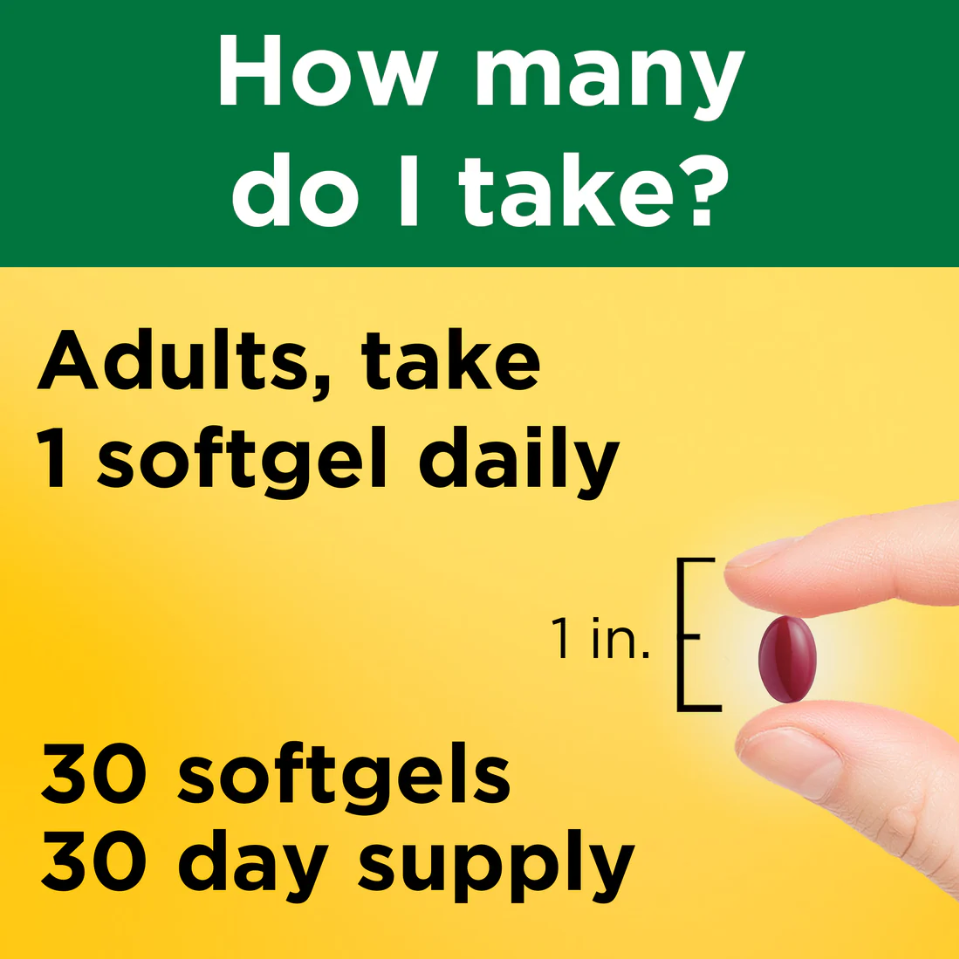
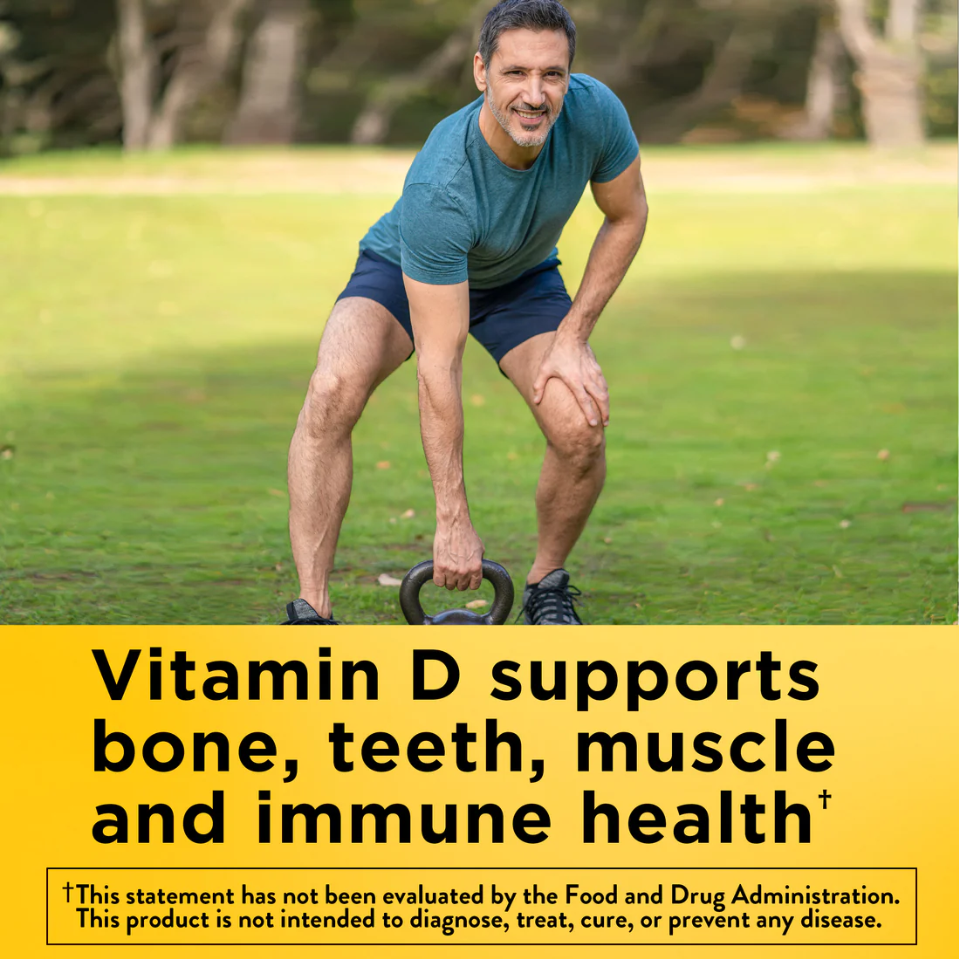
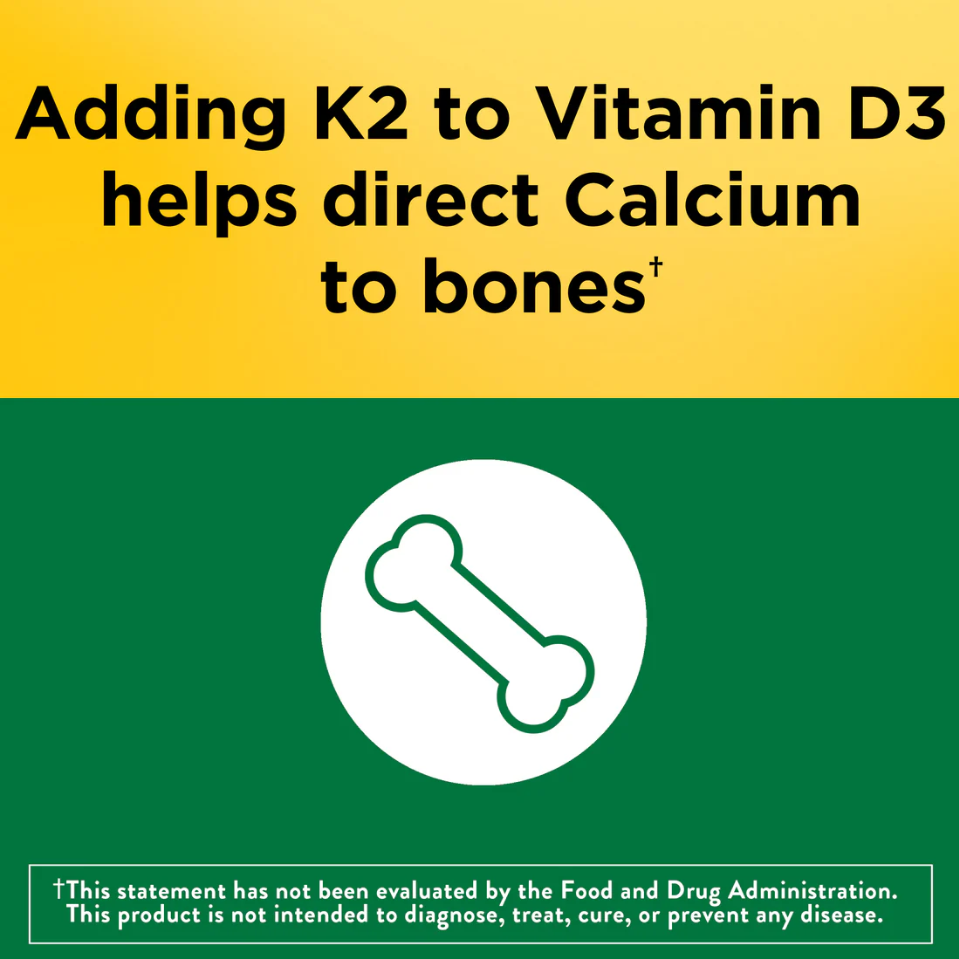
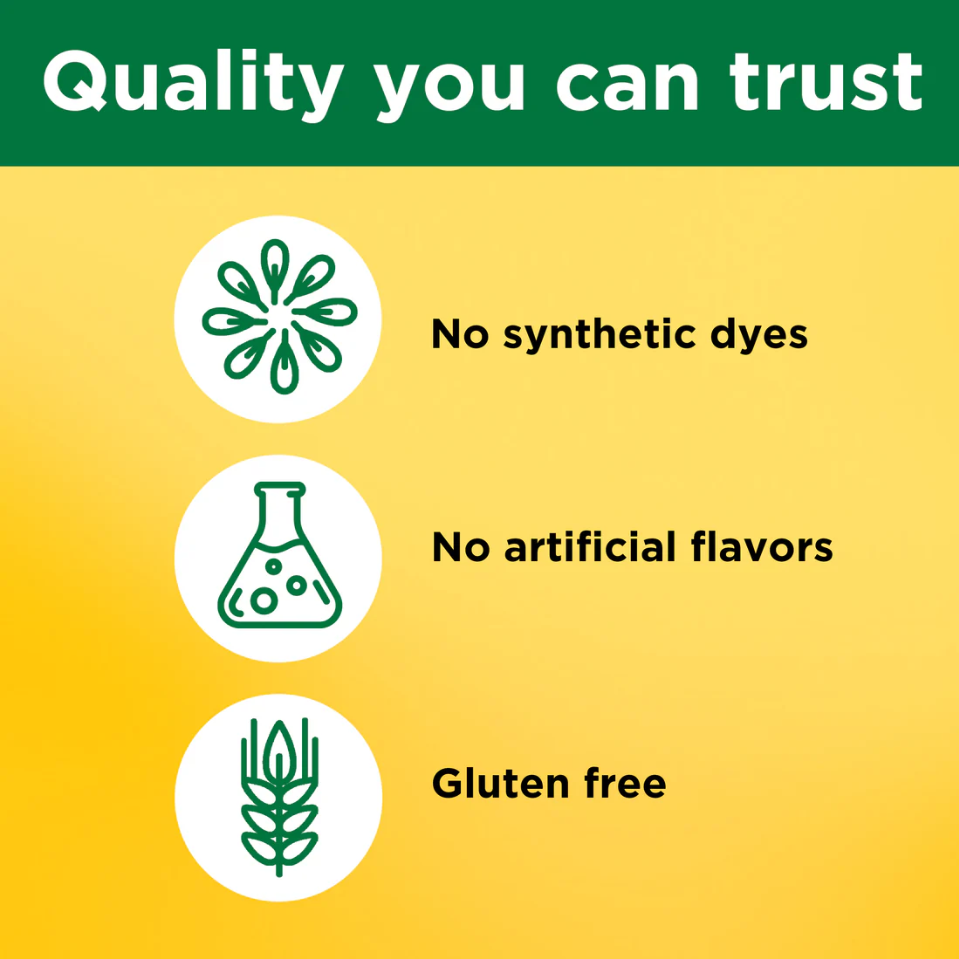
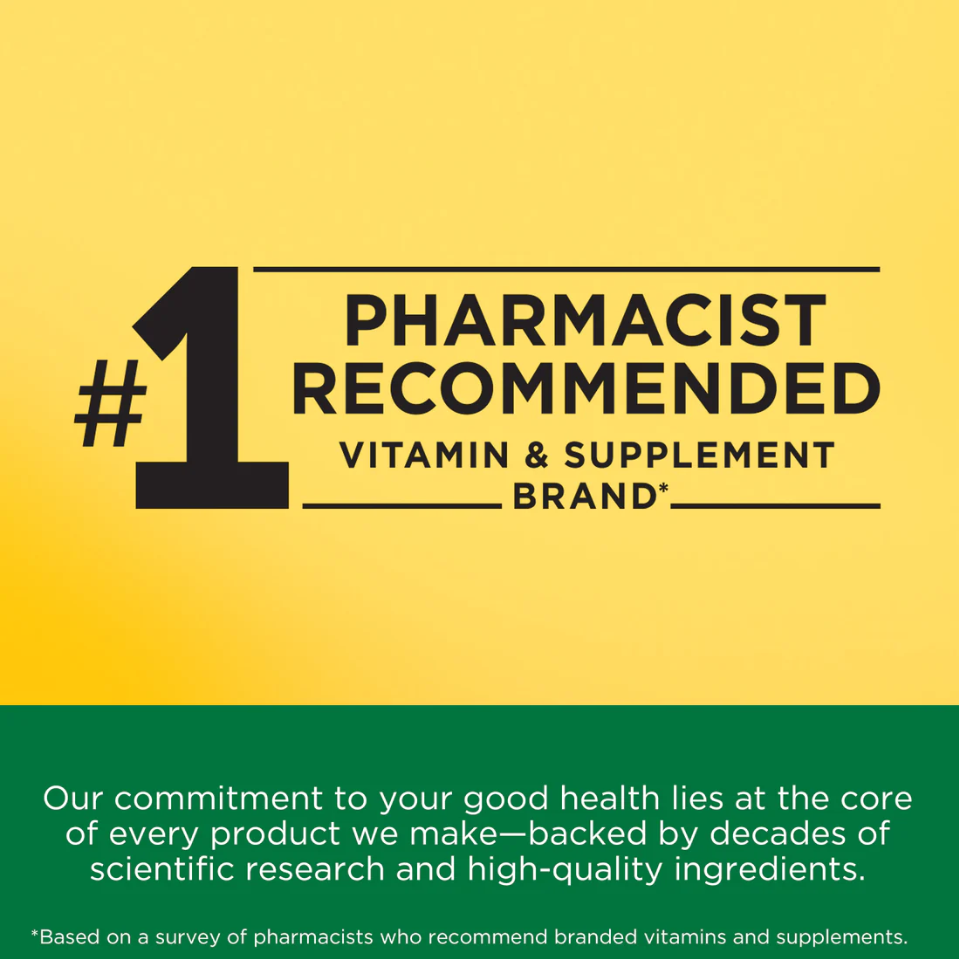
Nutrient Shortfalls
Dosage & Interactions
Suggested Use
This product is designed for those with higher Vitamin D needs and/or deficiency, as determined by a healthcare professional. Adults, take one softgel daily with water.■
Interactions
No two people are alike, so if you are currently taking prescription medications, there may be potential drug-nutrient interactions. Consult a healthcare professional before using this product.
Use Caution
Use only as directed by your healthcare professional. Do not exceed one softgel daily or take with other supplements containing Vitamin D. Consult with your healthcare professional before using if you are pregnant, nursing, taking any medications, or have any chronic medical conditions.
May you like it
FAQs
What is Vitamin D good for?
What is Vitamin D good for?
Vitamin D is an essential nutrient that supports a healthy immune response as well as bone, teeth, and muscle health. Vitamin D is available in two forms: Vitamin D2 (plant derived) and Vitamin D3 (animal derived). However, Vitamin D3 is the body’s preferred form because it has been shown to be more effective at raising Vitamin D levels in the body [5]. To learn more about Nature Made’s best vitamins for immune support, check out our blogs on Vitamin D.†
What is Vitamin K good for?
What is Vitamin K good for?
Vitamin K2 (MK-7) helps maintain a healthy circulatory system. Vitamin K works with the calcium in your body to support healthy bones, while Vitamin D and K together make activated proteins that support healthy vascular function.♦†
How much Vitamin D should I take per day?
How much Vitamin D should I take per day?
The recommended daily intake of Vitamin D depends on many factors, such as age, skin color, and level of sun exposure. The Endocrine Society recommends dosages for adults ranging from 1500 to 2000 IUs per day to maintain Vitamin D levels, although dosages up to 10000 IUs may be needed to correct a Vitamin D deficiency.[3]■
What are some food sources of Vitamin D?
What are some food sources of Vitamin D?
Natural food sources of Vitamin D include fatty fish like tuna and trout, egg yolks, and mushrooms. Some foods are fortified with Vitamin D, such as orange juice, breakfast cereals, and dairy products like cheese, yogurt, and milk as well as dairy-free milks [3]. However, an estimated 95% of Americans don’t receive enough Vitamin D from their diet alone [2].
Do you get enough Vitamin D from the sun?
Do you get enough Vitamin D from the sun?
Sunlight provides the main source of Vitamin D. However, many health experts recommend getting Vitamin D from food sources and supplements to avoid the damaging effects the sun’s rays can have on the skin [3]. Read more on our blogs about how much vitamin D you really get from the sun, why so many people still aren’t getting enough of this critical nutrient, and how Vitamin D supplements can help.
Can I take these Vitamin D softgels with other Vitamin D supplements?
Can I take these Vitamin D softgels with other Vitamin D supplements?
Taking a Vitamin D3 supplementis suggested for adults with higher Vitamin D needs and/or deficiency, as determined by a healthcare provider. As such, we do not recommend taking D3 + K2 with other supplements containing Vitamin D, including multivitamins.■















